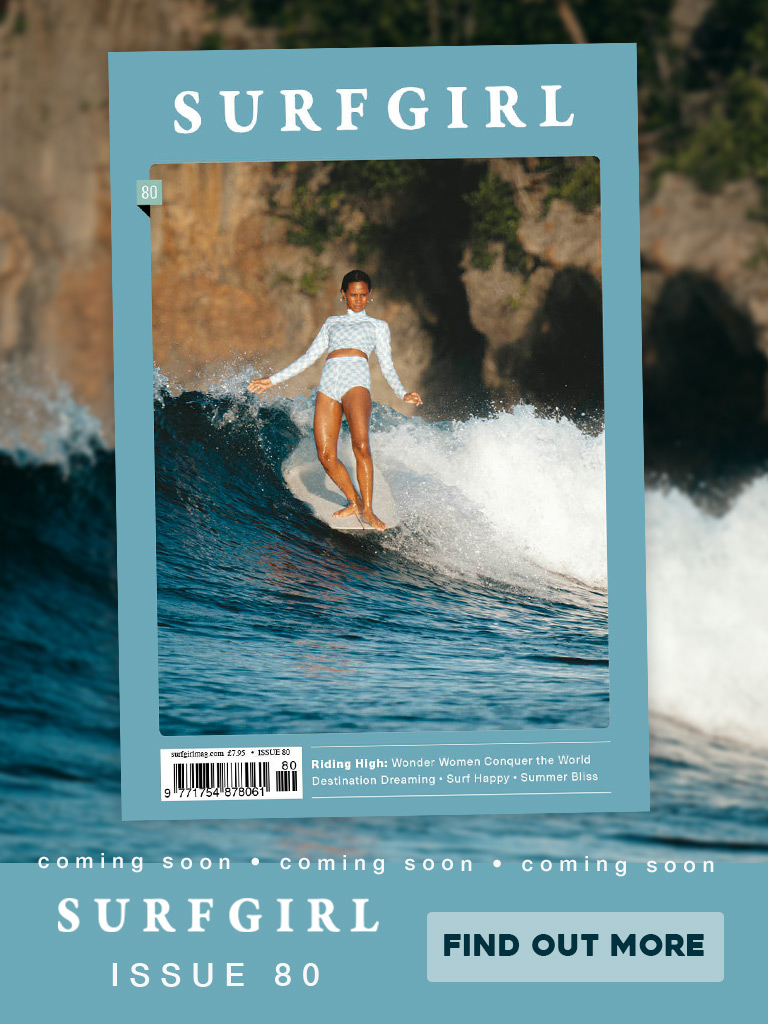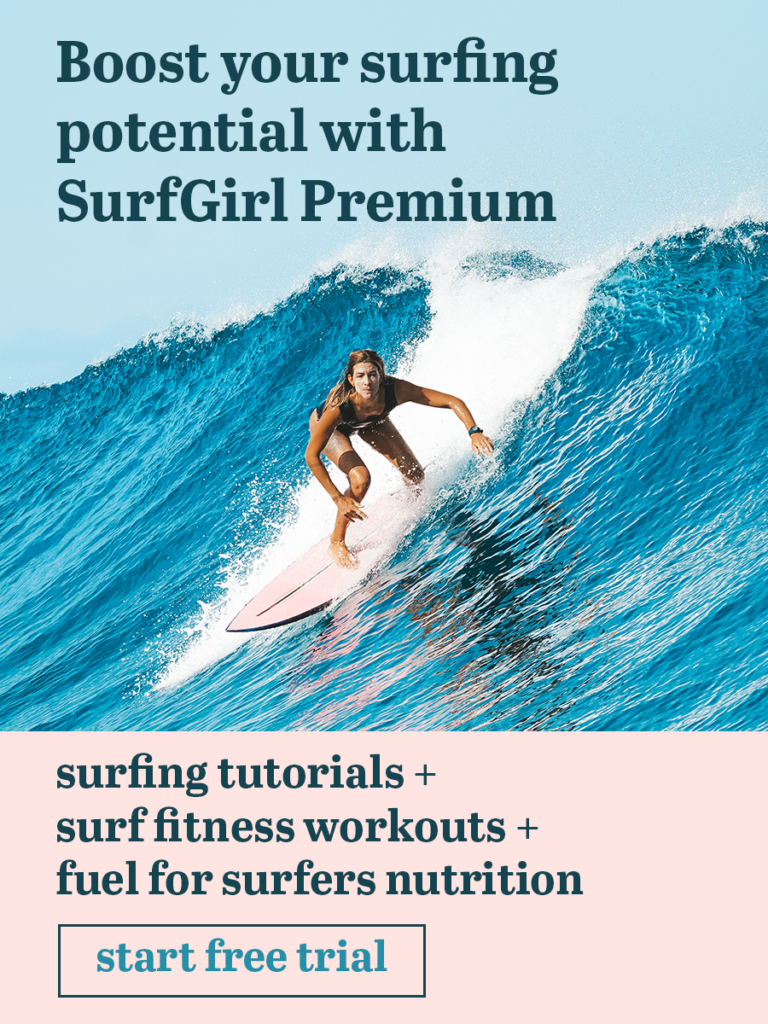Following this weeks BBC documentary ‘Drowning in Plastic’ with wildlife biologist Liz Bonnin, the globes plastic pollution problem is firmly on our mind. Harrowing, eye opening and heartbreaking, the documentary effectively highlighted the inconceivable issues our world is facing.
Travelling to all corners of the planet to understand the scale of the problem, the devastating reality was hard to watch. Key scenes from the documentary included:
- Shearwaters gradually feeding their newly born chicks to death with plastic in the remote Tasman sea. Inside one chick they found 260 pieces.
- Seal pups with plastic chords wrapped around their necks, causing deep, incredibly sore cuts and as a result death.
- Mountains of plastic being shovelled into the river and oceans by communities with no other solution to their waste problems.
- Coral reefs poisoned by bacteria-coating plastic.
- Plastic in the faeces of walruses on a remote spot in the Arctic and the isolated shorelines littered with plastic items.
- The fishermen whose lives reply on plastic nets and lines and the whales being caught up in these.
- The stats – 51 trillion pieces of plastic in the ocean right now, (not including micro-plastics) and that by 2050 it’s predicted there will be more plastic than fish in the sea




Although Bonnin portrays the overwhelming scale of the problem, the documentary also highlights so many around the world fighting tooth-and-nail to turn the tide on this global catastrophe. From the 25-year-old Indonesian who has come up with a seaweed-based, dissolvable plastic alternative and the 24-year-old Dutch man who has created a giant floating vacuum cleaner to hoover up sea rubbish to the SeaBin designed to filter out plastics invented by a Sydney based surfer.
There is a lot going-on on a local scale as well, such as our local town, Newquay and it’s newly awarded ‘Plastic Free Community’ status for it’s work alongside marine conservation charity, Surfers Against Sewage. An award that recognises the enormous strides that Newquay has made in reducing it’s reliance on single use plastic, the monthly beach cleans and on-land litter picks and it’s plans to tackle single-use waste across the town.

It’s encouraging to see communities coming together to help the flood of plastic and time will tell if this makes a difference. But this is now so much bigger than consumers rejecting plastic straws and it’s clear there needs to be a total ban on single-use plastics all together. However until larger global companies at the top of the chain make these vital changes and as Bonnin says “turn the plastic tap off’, as individuals we must continue to do our part and be a part of the solution and not the problem.
Millions in the country were equally moved following Blue Planet II and we must again continue to ride this wave, keep momentum going, keep our anti-plastic voices heard and feel moved and motivated to do our part.

The future of humanity, and indeed all life on earth, now depends on us.
This is emotional stuff but it’s real and it’s happening right now. Don’t feel overwhelmed but feel reinforced that we must continue to raise awareness and the issue stems from being ignorant about the problem so choose wisely, make informed decisions and make the effort.
See the full documentary on BBC iPlayer here and start making those small plastic free changes now with these eco-friendly items from Beach Boutique.

We need to act before it’s too late




Photos courtesy BBC



